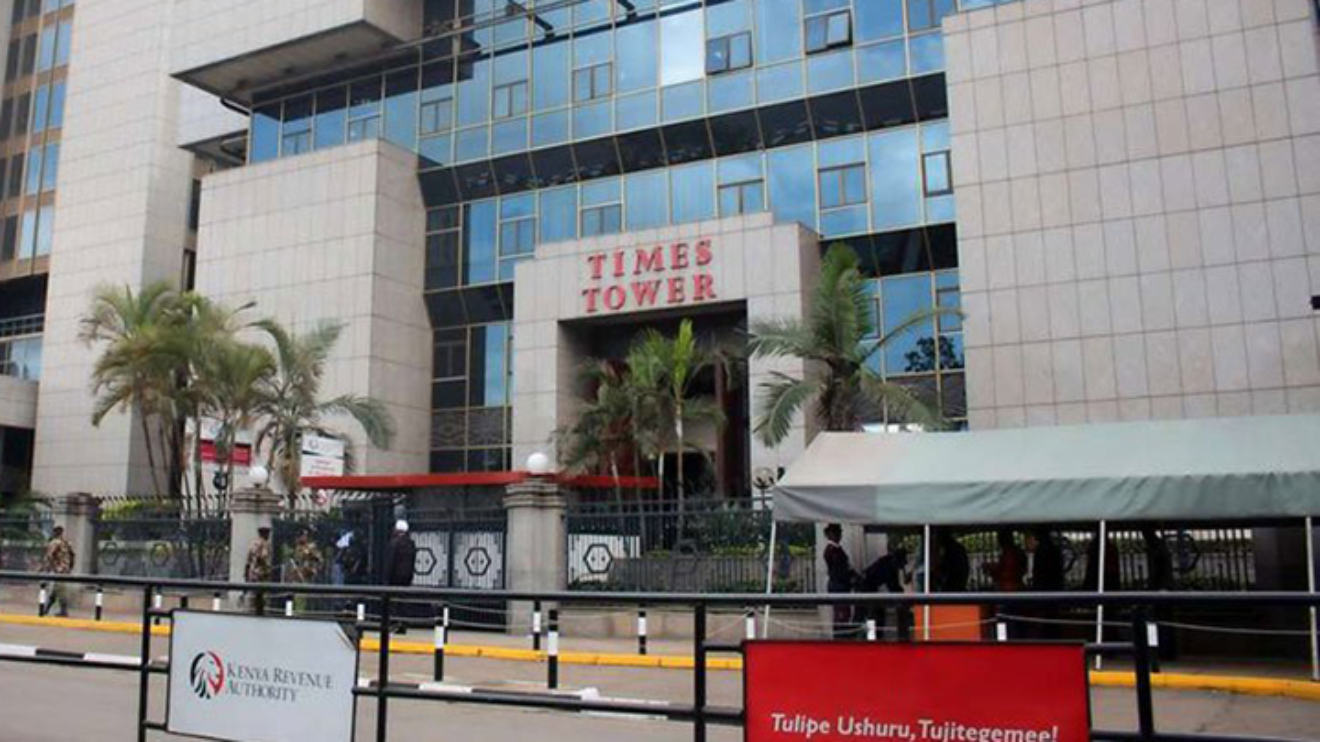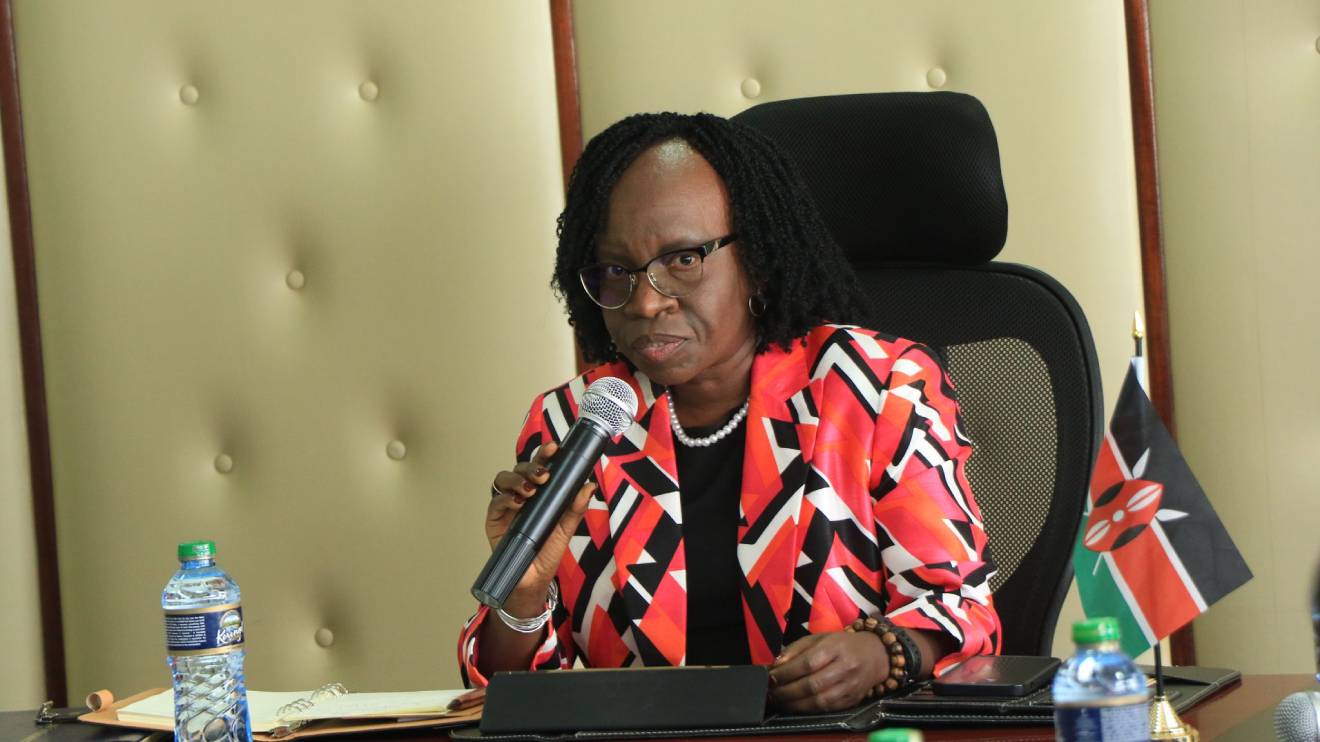Nairobi is set to become the focal point for discussions on financial integrity with the inaugural Kenya Anti-Financial Crime Summit, taking place on 24 and 25 October.
This pivotal event aims to unite experts and stakeholders to address the pressing implications of Kenya's recent grey-listing by the Financial Action Task Force (FATF), a development that has raised significant concerns regarding the country's financial reputation.
As Kenya grapples with its newly acquired status, experts are sounding the alarm over potential repercussions for the nation’s standing in the global financial arena.
Global Financial Integrity (GFI) has warned that this grey-listing could jeopardise Kenya’s image as a secure and transparent investment destination.
The research indicates that countries with low FATF ratings often see a decline in foreign direct investment (FDI), with potential reductions in the FDI to GDP ratio reaching as high as 2 per cent.
Moreover, a drop in portfolio inflows by 2.9 per cent and a 3 per cent decline in other investment inflows could follow suit, further complicating the country’s financial landscape.
The summit, themed “Unified Strategies: Tackling Greylisting”, is organised by Flywheel Advisory in collaboration with the Financial Reporting Centre (FRC).
It will provide a platform for in-depth discussions on the myriad challenges facing Kenya’s financial system, both historical and emerging. Grace Mburu, the founder and executive director of Flywheel Advisory, believes the summit is crucial for fostering collaboration among stakeholders.
She stated, “The summit will serve as a platform for all stakeholders to collaborate and devise comprehensive strategies and measures to address these challenges.”
In light of the evolving nature of financial crime, Mburu emphasised the need for innovative and robust strategies to combat issues such as money laundering and terrorism financing.
“Financial crime is evolving and we need to develop appropriate strategies to counter money laundering, terrorism financing, and proliferation financing if we are to remove Kenya from the FATF grey list,” she asserted.
Kenya’s journey to greylisting began in February 2024, following a FATF evaluation that identified critical weaknesses in the country’s adherence to international standards for combating financial crimes.
This designation not only subjects Kenya to heightened scrutiny but also raises concerns about the potential for diminished investment flows and economic growth.
Furthermore, Mburu highlighted the urgency of implementing effective measures to detect and prevent illicit funds from infiltrating Designated Non-Financial Businesses and Professions (DNFBPs), including real estate agents, casinos, and legal professionals.
The need for vigilance in these sectors has never been more pressing.
As the countdown to the summit continues, stakeholders are gearing up for what promises to be a transformative event.
The discussions held in Nairobi could be instrumental in shaping the future of Kenya's financial landscape and restoring its reputation as a viable hub for investment.
With the stakes high, the forthcoming summit is not just a gathering of experts; it is a critical step towards safeguarding Kenya's economic future in an increasingly scrutinising global financial environment.




-1731675695.jpg)




